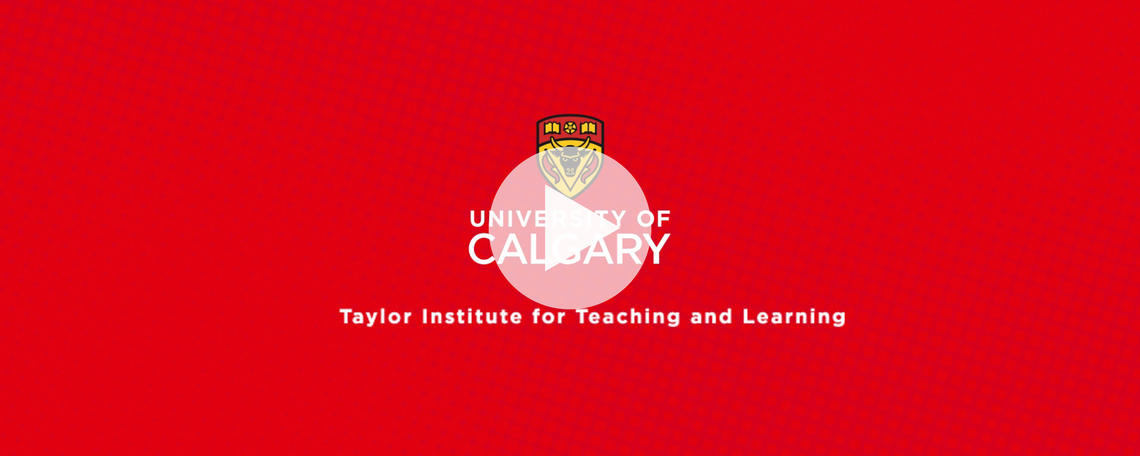
25 Strategies to Prevent Plagiarism
- Talk about plagiarism in class. Talking about it makes it less taboo.
- Get to know your students. Learn their names. Students should never feel anonymous.
- Let students know you are aware of paper mills and how they work.
- Let students know you use online plagiarism checkers as part of your assessment practices.
- Clearly articulate expectations for citations and referencing.
- Teach students how to cite and reference (APA).
- Provide examples of what constitutes plagiarism.
- Require multi-phased, scaffolded writing assignments (outline, draft, finished product).
- Offer to answer questions and clarify expectations about assignments.
- Offer formative feedback on drafts.
- Require a list of sources with writing assignments (including drafts).
- Incorporate in-class writing time.
- Give shorter writing assignments. Paper mills tend to offer papers of 5 pages or longer.
- Change writing assignments from one term/year to the next. Avoid using the same assignments every term.
- Incorporate a reflection element into writing assignments. Have students write about what they learned from the assignment.
- Allow students to choose their own topics when possible. Start with a conversation about what interests them. Let their interest guide their topic choice.
- Tell students learning is a process, not just a product.
- Congratulate students when they cite and reference properly.
- Lead by example. Make sure you cite sources you use in class.
- Let students know you care about them and their learning process.
- Share information about services and workshops offered on campus (e.g. Student Success Centre)
- Recognize the signs of stress in students. Refer them to the wellness centre if they are showing signs of stress.
- Have students pick up assignments in person. It gives you a chance to know them and prevents anyone else picking up their work.
- Advise students to be cautious about sharing their work with others after the course has ended.
- See yourself as promoter of education and prevention, rather than a policer or an enforcer.
With thanks to the Office of Teaching and Learning, Werklund School of Education, University of Calgary, who awarded funding for this project under the Scholarship of Teaching and Learning Grant. For more information or a complete list of references, contact Sarah Elaine Eaton, PhD, Werklund School of Education, University of Calgary - seaton@ucalgary.ca.

